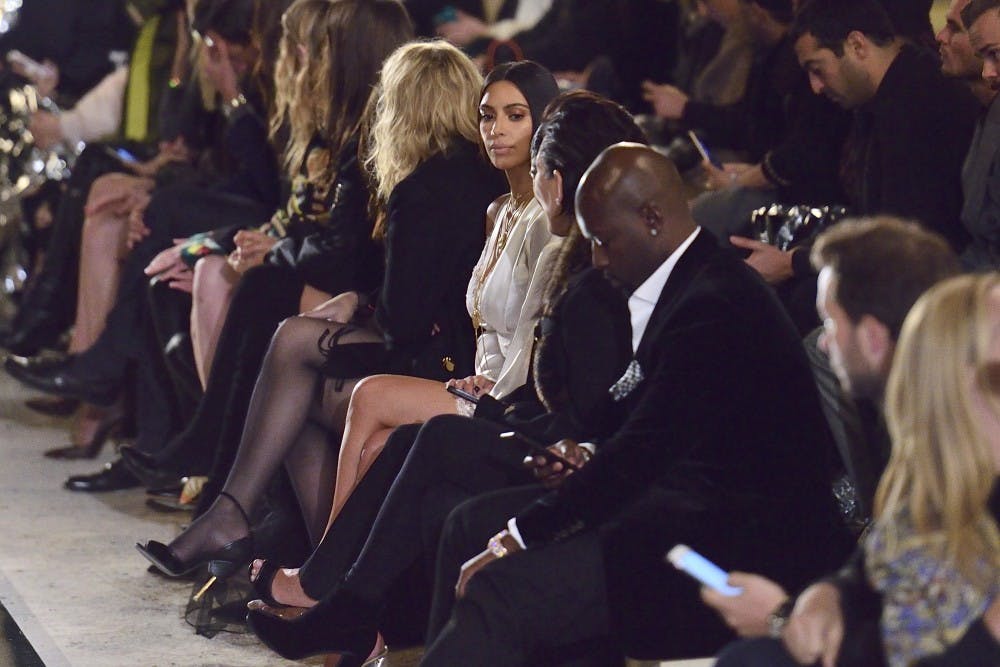Reality TV star Kim Kardashian West was robbed at gunpoint in a Paris hotel in the early hours of Oct. 3. According to a police report, a group of men forced a night concierge at the Hôtel de Pourtalès to take them to where Kardashian West was staying. Upon entry, the men bound her wrists with zip ties and then carried her to the bathtub. The men left the hotel with a reported value of approximately $10 million in jewelry.
What is most unsettling about this incident was the cruel reaction of social media users immediately after the events occurred. News of the robbery began trending on Twitter mere minutes after information about the attack was published. Although some responded with words of support, the majority of tweets mocked Kardashian West, suggesting that she deserved to be robbed or speculated that the entire ordeal was a publicity stunt. One user even questioned why gunmen decided not to kill Kardashian West and save “humanity from mediocrity.”
The National Rifle Association skipped condolences as they saw an opportunity to make a political statement about gun control regulations. “Wait, criminals held @KimKardashian at gunpoint in Paris? How is that possible? Does anyone know if they passed a background check first?” the NRA said in a series of tweets. “It’s shocking that these criminals did not subject themselves to Paris’ strict #guncontrol laws before committing this awful crime.”
Virtually every aspect of Kardashian West’s life is shared with the public. Her daily routine is documented via Twitter, Snapchat, Instagram and her reality TV show “Keeping Up With The Kardashians.” This is essentially how Kardashian West became famous, and it is how she is able to generate income.
Unfortunately, the overwhelming negative reaction to the recent robbery in Paris make it apparent that society does not actually view Kim Kardashian West as a real person, but as a separate commercial entity. To many, there is no distinction between Kardashian West and what she is selling. This blurred perception of reality enables us to view her life and its events like we would a character in a TV show.
Johanna Primevert, a spokeswoman for the Paris police department, told CNN that it was Kardashian West’s celebrity status and presence on social media that made her an easy target for attackers. This claim does have some merit. It is important to be cautious when posting on social media, especially when including your location.
However, theft is a serious criminal offense and should be treated as such, regardless of role of social media involvement in the events. Shifting the blame from the attackers to Kim’s social media habits is a classic example of blaming the woman’s behaviors and not the crime itself.
This concept of victim-blaming is not a foreign idea. It is often used as a defense for perpetrators of violent crime. Rape victims are blamed if they got too drunk at a party and pass out, or if they were wearing revealing clothing. Victims of domestic abuse are blamed for continuing to stay with their partner. What is important to realize in all of these cases is that the victim’s behavior is not a crime. Society needs to stop blaming the victim and start focusing on the crime itself.

